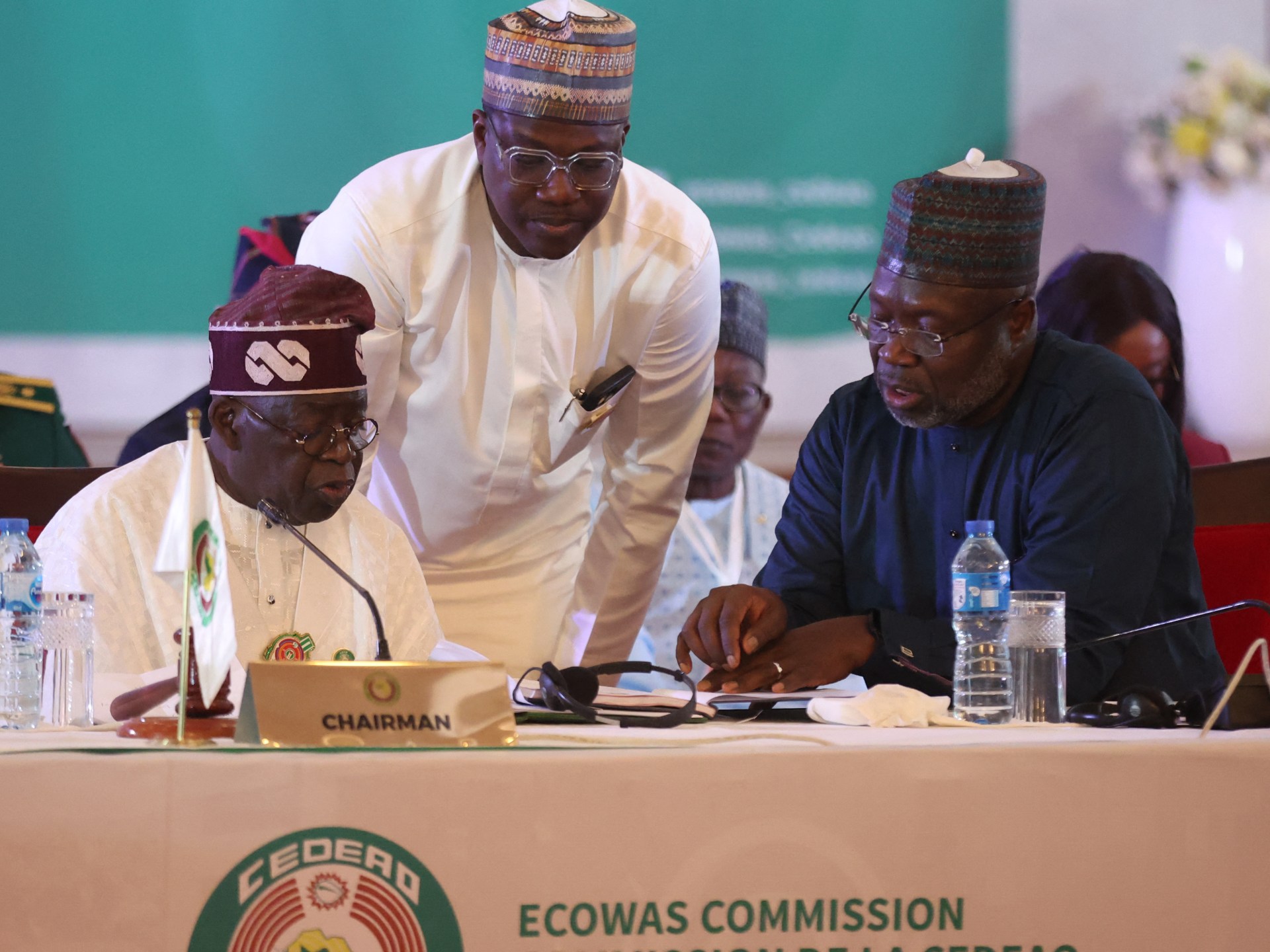Georgia court disqualifies prosecutor Fani Willis from Trump election case
 19 December 2024
19 December 2024


An appeals court in the state of Georgia has ruled that Fulton County District Attorney Fani Willis should be disqualified from prosecuting an election interference case against United States President-elect Donald Trump.
In a 2-1 ruling on Thursday, the court found that a romantic relationship between Willis and a former top deputy disqualified her from leading the case against Trump and 14 of his allies.
“While we recognize that an appearance of impropriety generally is not enough to support disqualification, this is the rare case in which disqualification is mandated and no other remedy will suffice to restore public confidence in the integrity of these proceedings,” the court stated in its opinion.
The ruling is the latest setback for the case, which focuses on Trump’s efforts to reverse his loss in the 2020 presidential election based on false claims that the race was “rigged” against him.
Thursday’s appeals court decision does not require the case to be discarded, but a new state prosecutor will have to take over, in order for proceedings to move forward.
Advertisement
With Trump set to return to the White House for a second term in January, many of the legal challenges he faces appear to be losing momentum. The future of the Georgia election case is likewise uncertain.
How did the Georgia case start?
The case began in February 2021, when Willis — a newly elected Democratic prosecutor — announced a wide-ranging investigation into “attempts to influence” the state’s presidential race.
The announcement came almost a month after Trump held a phone call with Georgia Secretary of State Brad Raffensperger, during which he pushed the state official to “find” the exact number of votes needed to reverse his loss in the state.
Democrat Joe Biden had beat Trump in Georgia, a crucial swing state, by only about 11,779 votes.
Recordings of the call were swiftly released to the media, prompting public outcry over Trump’s seeming attempts to sway the election.
But Willis’s investigation went beyond the phone call, looking into allegations that election employees were harassed, voting equipment was tampered with, and false certificates were created to justify a Trump victory in the state.
In August 2023, Willis’s office unveiled a wide-ranging criminal indictment against Trump and some of his closest allies, including former lawyer Rudy Giuliani and former White House chief of staff Mark Meadows.
It accused them of collaborating on a criminal enterprise to overturn the election results, in violation of the state’s Racketeer Influenced and Corrupt Organizations (RICO) Act.
Advertisement
Four of the accused have pleaded guilty after reaching an agreement with prosecutors. The remaining 14 Trump allies, as well as Trump himself, still face charges in the case.
An uncertain fate
The Georgia indictment was one of four criminal indictments unveiled against Trump in 2023, including a federal-level case in Washington, DC, that likewise accused him of election interference.
But only one of the four cases has made it to trial. The others have been mired in legal and logistical hurdles that make a court hearing on the charges increasingly unlikely.
Trump has denied all wrongdoing in all four cases, and his defence team has actively sought to have them dismissed.
In the Georgia case, one of Trump’s co-defendants, Michael Roman, issued a filing in January accusing Willis of appointing a special prosecutor to the investigation “with whom she had a personal relationship”.
That romantic engagement, the defence team argued, amounted to a conflict of interest. The details of Willis’s romantic relationship with that prosecutor, Nathan Wade, soon became the subject of public hearings.
In March, Georgia Superior Court Judge Scott McAfee ruled that Willis could remain on the case if Wade was dismissed. Wade offered his resignation within hours of that ruling.
But defence lawyers for Trump and his co-defendants have continued their appeal to remove Willis from the case.
Appeals court decision
On Thursday, the three-member appeals court issued its decision, with judges Trenton Brown and Todd Markle representing the majority.
Advertisement
They argued that the March decision did not do enough to repair public confidence in the election interference case — and that Willis’s removal was a necessary step.
“The remedy crafted by the trial court to prevent an ongoing appearance of impropriety did nothing to address the appearance of impropriety that existed at times when DA Willis was exercising her broad pretrial discretion about who to prosecute and what charges to bring,” Brown wrote.
The third judge on the court, however, offered a dissenting opinion. Judge Benjamin Land argued that the appeals court had no legal justification for reversing the March decision.
“We are here to ensure the law has been applied correctly and to correct harmful legal errors when we see them. It is not our job to second-guess trial judges or to substitute our judgment for theirs,” he wrote.
Trump, meanwhile, hailed the majority opinion as a victory and called for the case to end. In a statement to Fox News Digital, he said the “whole case has been a disgrace to justice”.
“Everybody should receive an apology, including those wonderful patriots who have been caught up in this for years,” he said.
Thursday’s decision comes two weeks after special prosecutor Jack Smith announced that he was abandoning two federal cases against Trump, based on a Department of Justice policy against prosecuting sitting presidents while in office.
A Supreme Court decision earlier this year also raised the bar for prosecuting a president for actions taken while in office.
Advertisement
It granted “presumptive immunity” to anything that can be construed as an “official” act of the presidency, whether or not that action is part of the office’s constitutional authority.
Related News

Brazil’s President Lula to undergo additional surgery for brain bleed

Zelenskyy slams Orban over call with Russia’s Putin to discuss Ukraine

Burkina Faso, Mali and Niger agree to grace period in ECOWAS withdrawal
